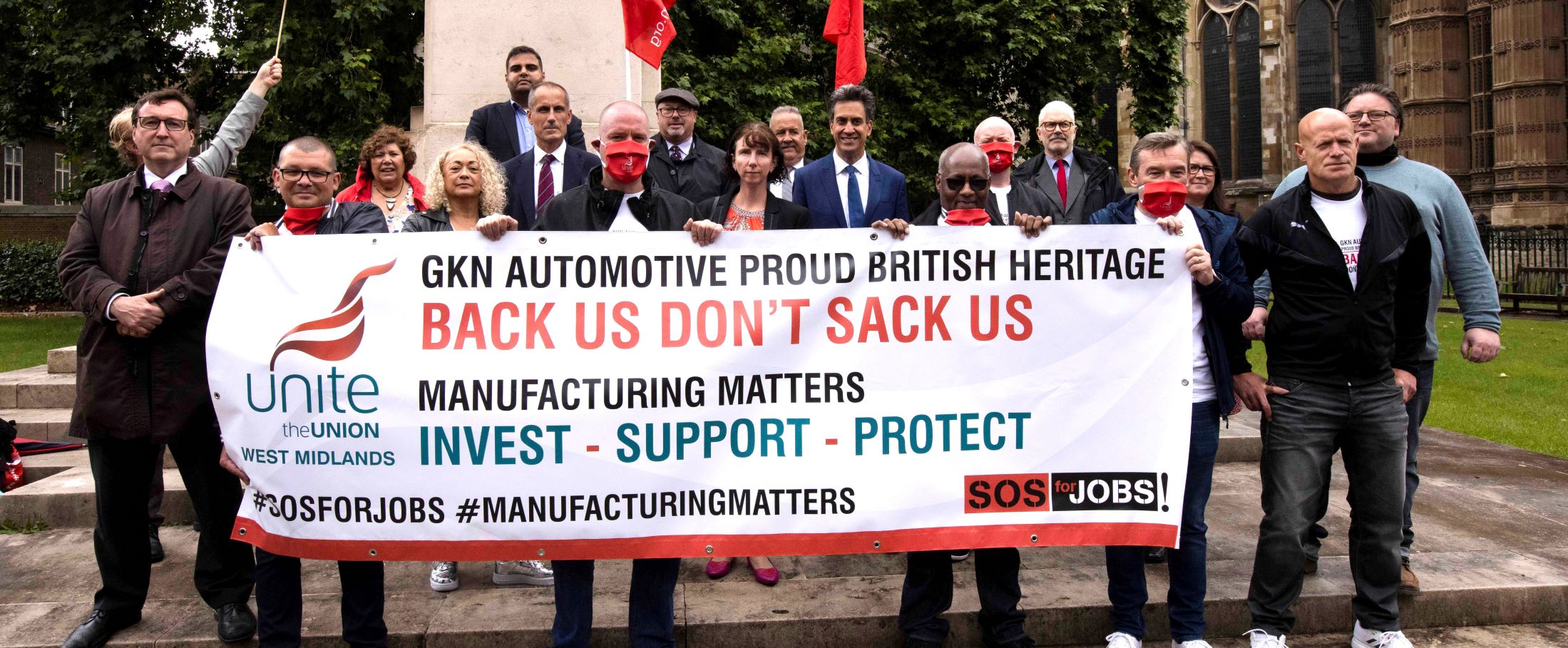Bogus recovery
Chancellor George Osborne repeated himself like a broken record yesterday (January 28), saying the “recovery was on track,” after new figures released showing growth last year had been the fastest since 2007.
But he glossed over several inconvenient truths – that, for example, growth slowed more than anyone expected in the last quarter of 2014 – from 0.7 per cent to 0.5. He also failed to mention that growth was propelled by a bulging service sector, which, as it stands now, is a ghetto of low-wage, low-skill labour stretched to breaking point. Or that there’s been a surge in debt-fuelled consumer spending, another factor that points to the recovery being nothing more than a mirage.
Add to this a drop in oil prices, which likely won’t recover much ground in the next year, and a delay in the Bank of England raising interest rates, and you have an economy that appears healthy but is anything but.
As Guardian economics correspondent Phillip Inman noted in his analysis yesterday:
“The problem with the argument [that the economy this year will be relatively stable] is that it shows how dependent growth is on all these extraordinary factors. What happens when Bank policymakers tighten the credit screw, desperate for a return to something approaching normality?”
March of makers?
Osborne’s amnesia is endless, as we here at UniteLIVE remind him of his 2011 call for a so-called “march of makers” – his cutesy alliteration for supporting manufacturing.
But the latest figures show that, as our economy is propped up by services, manufacturing has chillingly flat lined, growing by only 0.1 per cent over the last quarter in 2014, the worst rate in more than a year. Construction shrivelled, declining by 1.8 per cent in the same quarter, representing the largest decline in two years.
Unite assistant general secretary Tony Burke argued that the economic recovery will continue being a tenuous one if an explicit manufacturing strategy is not put forward by the government.
“Osborne promised he would rebalance the economy when he talked about the ‘march of makers’. But several years on, manufacturing is barely staying afloat, and what growth does exist is coming almost entirely from the automotive sector,” Burke said.
“The situation is this – over this government’s term, we’ve taken one step forward with manufacturing and five steps back,” he added. “With this economy being propped up by personal debt and growth in services, we’re going indisputably backwards. We’re heading in the same direction that put us in such a mess when the recession hit in 2008.”
Burke pointed to Germany, whose economy fared much better during the recession, specifically because investment in manufacturing was so strong. In Germany, manufacturing makes up 21 per cent of its economy, whereas in the UK, it accounts for only 12 per cent.
“What we need is a government, such as Germany’s, which will take on an interventionist manufacturing strategy that actually supports manufacturing instead of merely spewing empty rhetoric,” he added.
Burke pointed to Unite’s manufacturing strategy, Made in Britain, which calls for a well-funded strategic investment bank, an interventionist public procurement policy and a new eco-skills system providing quality apprenticeships and more.
Mr. Micawber economics
While Osborne may myopically cry “growth” after the release of last year’s overall GDP figures, TUC senior economist Geoff Tilly puts the recovery into historical perspective.
In Tilly’s analysis, he notes that, when compared to recoveries of previous recessions, we’re experiencing the slowest recovery in modern history.
And such a slow recovery will be barely perceptible to millions of working families who are held ransom by cash-hoarding corporations.
Indeed, cash hoarding – the practice of businesses holding on to profits without re-investing – is major reason UK productivity is so low.
Inman argues that the alternative to investing, which cash-hoarding corporations have embraced, is to “hire cheap new employees”.
“Judging by the jobs figures, this is the chosen path for most UK businesses,” he notes.
Unite assistant general secretary Steve Turner likewise argued that poor wages and terms and conditions are a choice made by big business, and not a necessity.
“An economy propped up by the service sector—where wages are low, work is precarious and profit-flush corporations fleece taxpayers through a system of corporate welfare hand-outs subsidising low pay, short hours and insecure work—is not an economy that can be sustained for long.
“That is, unless our idea of economic progress is a return to feudalism, where â€overlords’ control all that we do and where power, both economic and political, is held in the hands of a small group of corporations and an obscenely wealthy parasitic class,” Turner said.
“An economic recovery felt by all can only be achieved by a radical programme of social, economic and political change — a move away from ideological austerity economics and investment in people, communities and businesses producing highly skilled, well-paid, safe, secure and unionised jobs,” he added.
Burke agreed.
“The economics of big business, supported by the current government, is the economics of Mr. Micawber,” he said. “He’s always out of money because he sees only short-term solutions.”
“Highly skilled, well-paid jobs with strong employment protections are long-term solutions that will lead to long-term economic growth – the sort of growth that is felt by all.”
 Like
Like Follow
Follow
